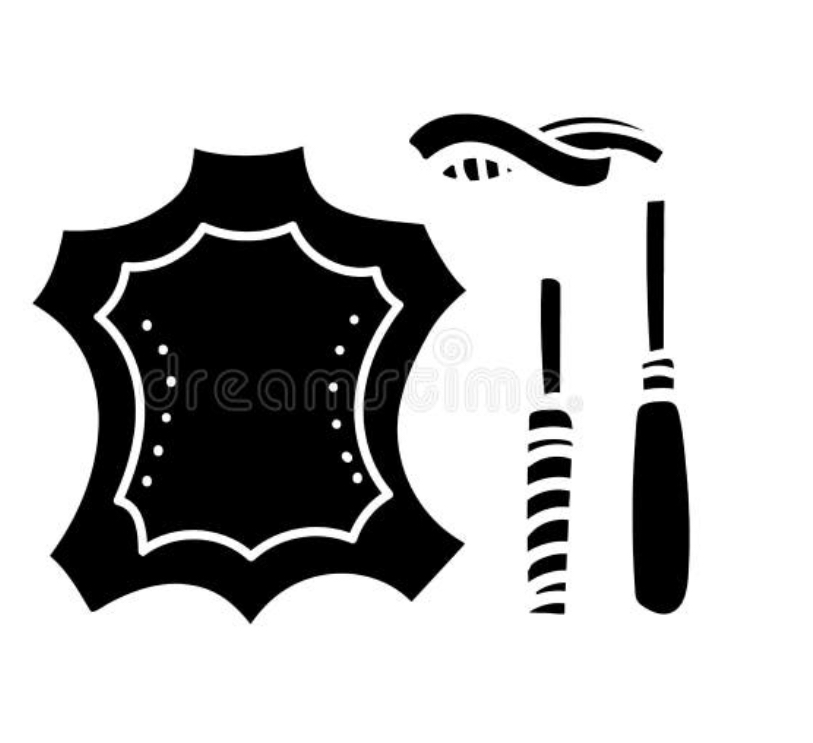I recently watched this video by Corter and it was a bit of an aha moment.
Whether it’s repair, changing the thread colour or in my case fixing some mistakes … I love how leather products can be opened up and redone. Not everything of course but the stitch line is fairly simple to revamp, billets are quickly replaced and even edges can be re-burnished.
I love the 2nd bag that I ever made a lot but it was my second bag. I had missed a whole and one corner was therefore off, I attached the buckle upside down (it works but looks off) and a seam was opening up. Burnished edges weren’t good yet.
So I sat down today and fixed it all. It was easier than I thought and it’s a nice upgrade! I wish I had taken before and after pics.


Well that’s true but I feel like if it’s an item I use a lot it should be revisited and fixed. I didn’t really improve on it (like replace a dinged rivet). I actually repaired it to give it a longer life: I fixed an open seam, I turned around the buckle because it was holding but really not as it’s intended. I refinished the edges before they get too awful. And I am adding a crossbody strap to make it more versatile. I think that’s why I started out with naming the topic “repair”.
My first bag is totally fine as is. It’s far from perfect but I didn’t make structural mistakes so I won’t touch it. Just because of that “see how far I have come” sentiment.
However another example would be if the design or maybe colour choice of thread or hardware doesn’t allow me to use it much, I would go back as well. It’s no good if you don’t use it. At least that’s how I operate. I make mostly handbags lately and I really think hard about the design of a bag before I make it. I am not a collector of handbags on the shelf. I want to use them.